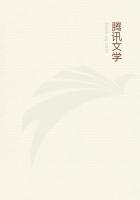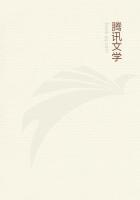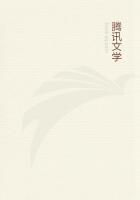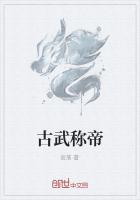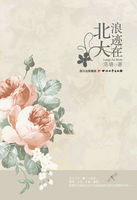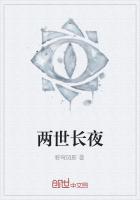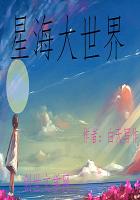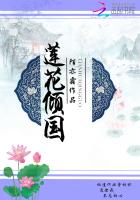What shall we learn from the sharper-flavored mushrooms? Here, in the pinewoods, is the woolly milk mushroom (Lactarius torminosus, SCHAEFF.), turned in at the edges and wrapped in a curly fleece.
Its taste is biting, worse than Cayenne pepper. Torminosus means colic producing. The name is very suitable. Unless he possessed a stomach built for the purpose, the man who touched such food as this would have a singularly bad time before him. Well, that stomach the vermin possess: they revel in the pungency of the woolly milk mushroom even as the spurge caterpillar browses with delight on the loathsome leaves of the euphorbiae. As for us, we might as well, in either case, eat live coals.
Is a condiment of this kind necessary to the grubs? Not at all.
Here, in the same pinewoods, is the "delicious" milk mushroom (Lactarius deliciosus, LIN.), a glorious orange-red crater, adorned with concentric zones. If bruised, it assumes a verdigris hue, possibly a variant of the indigo tint peculiar to the blue-turning boletes. From its flesh laid bare by being broken or cut ooze blood-red? drops, a well-defined characteristic peculiar to this milk mushroom. Here the violent spices of the woolly milk mushroom disappear; the flesh has a pleasant taste when eaten raw. No matter: the vermin devour the mild milk mushroom with the same zest with which they devour the horribly peppered one. To them the delicate and the strong, the insipid and the peppery are all alike.
The epithet 'delicious' applied to the mushroom whose wound weeps tears of blood is highly exaggerated. It is edible, no doubt, but it is coarse eating and difficult to digest. My household refuses it for cooking purposes. We prefer to put it to soak in vinegar and afterwards to use it as we might use pickled gherkins. The real value of this mushroom is largely overrated thanks to a too laudatory epithet.
Is a certain degree of consistency required, to suit the grubs: something midway between the softness of the amanitas and the firmness of the milk mushrooms? Let us begin by questioning the olive tree agaric or luminous mushroom (Pleurotus phosphoreus, BATT.), a magnificent mushroom colored jujube red. Its popular name is not particularly appropriate. True, it frequently grows at the base of old olive trees, but I also pick it at the foot of the box, the holm oak, the plum tree, the cypress, the almond tree, the Guelder rose and other trees and shrubs. It seems fairly indifferent to the nature of the support. A more remarkable feature distinguishes it from all the other European mushrooms: it is phosphorescent. On the lower surface and there only, it sheds a soft, white gleam, similar to that of the glowworm. It lights up to celebrate its nuptials and the emission of its spores. There is no question of chemist's phosphorus here. This is a slow combustion, a sort of more active respiration than usual. The luminous emission is extinguished in the unbreathable gases, nitrogen and carbonic acid; it continues in aerated water; it ceases in water deprived of its air by boiling. It is exceedingly faint, however, so much so that it is not perceptible except in the deepest darkness. At night and even by day, if the eyes have been prepared for it by a preliminary wait in the darkness of a cellar, this agaric is a wonderful sight, looking indeed like a piece of the full moon.
Now what do the vermin do? Are they drawn by this beacon? In no wise: maggots, caterpillars and slugs never touch the resplendent mushroom. Let us not be too quick to explain this refusal by the noxious properties of the olive tree agaric, which is said to be extremely poisonous. Here, in fact, on the pebbly ground of the wastelands, is the eryngo agaric (Pleurotus eryngii, D. C.), which has the same consistency as the other. It is the berigoulo of the Provencaux, one of the most highly esteemed mushrooms. Well, the vermin will have none of it: what is a treat to us is detestable to them.
It is superfluous to continue this method of investigation: the reply would be everywhere the same. The insect, which feeds on one sort of mushroom and refuses others, cannot tell us anything about the kinds that are good or bad for us. Its stomach is not ours.
It pronounces excellent what we find poisonous; it pronounces poisonous what we think excellent. That being so, when we are lacking in the botanical knowledge which most of us have neither time nor inclination to acquire, what course are we to take? The course is extremely simple.

